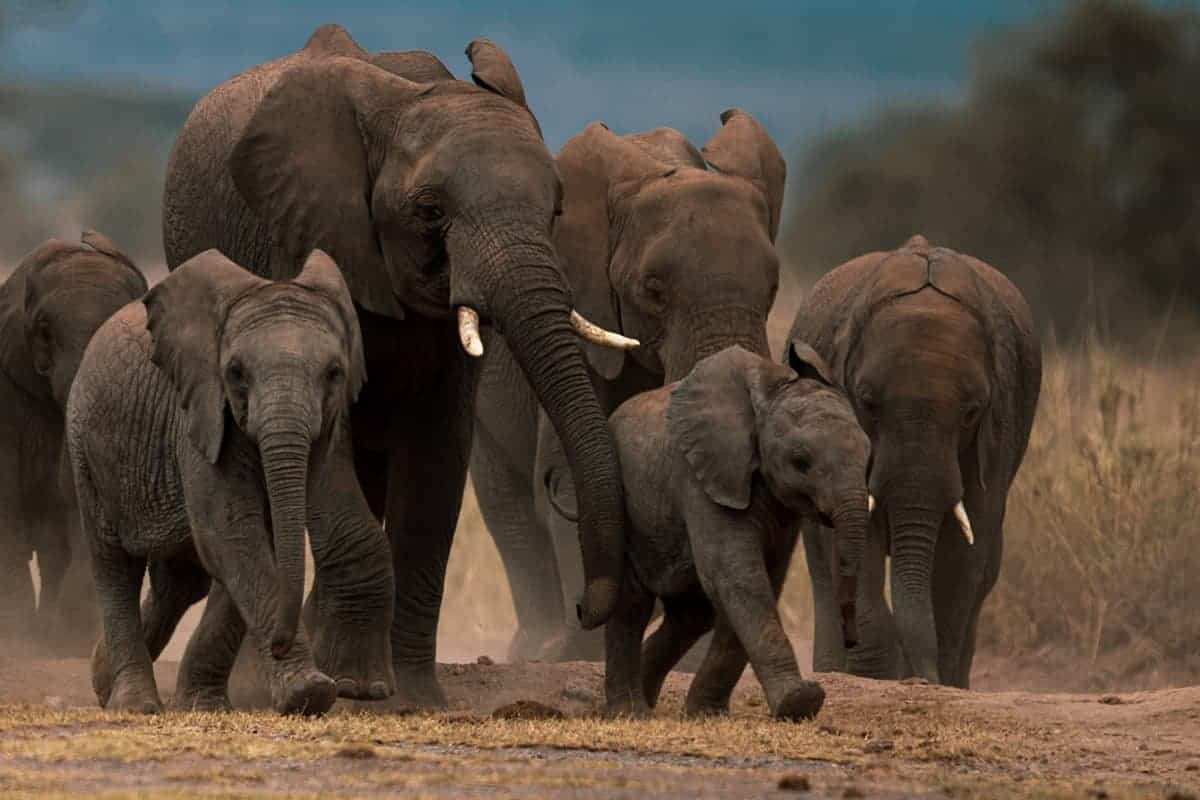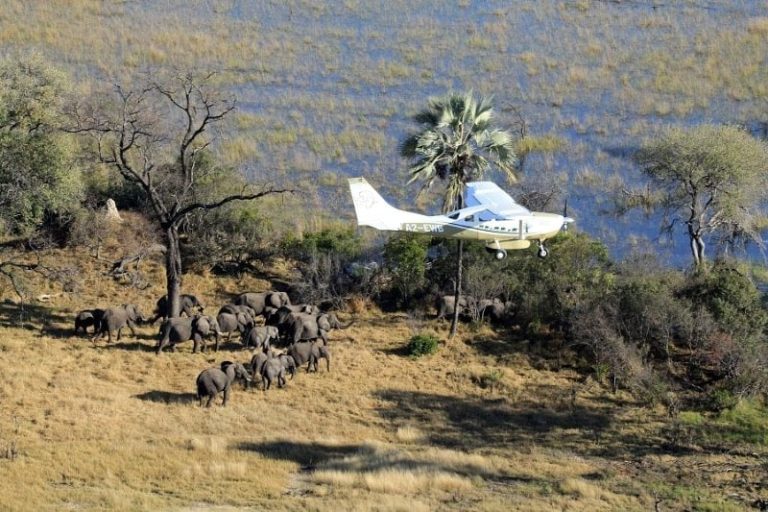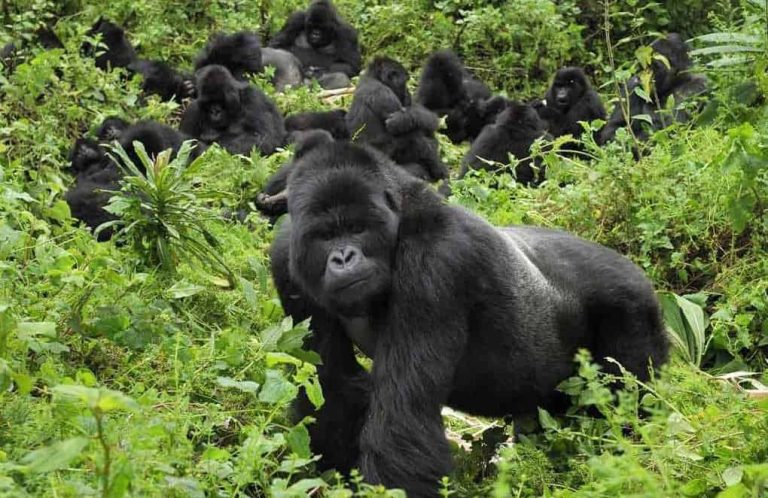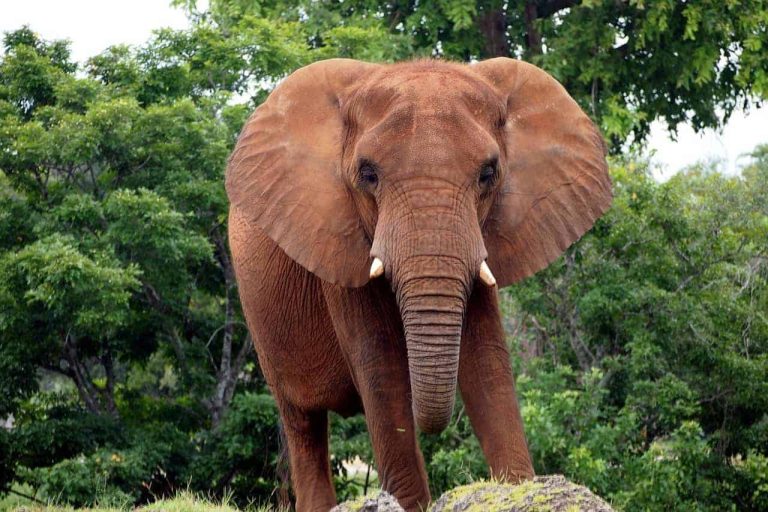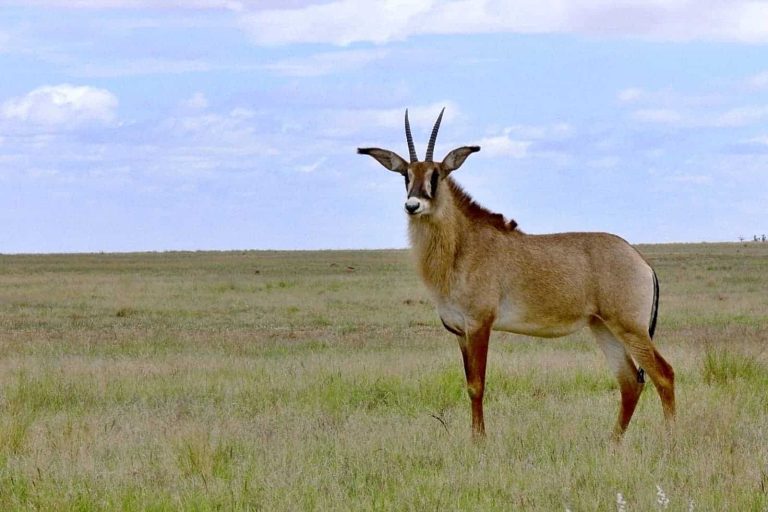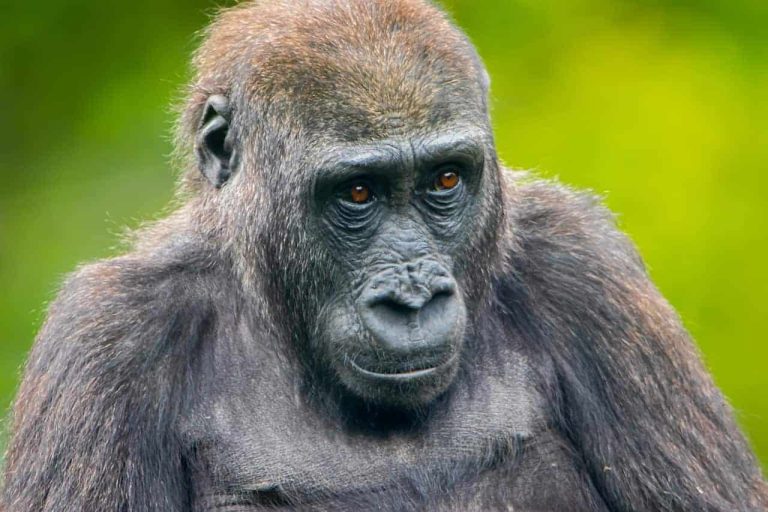Elephants play a key role in creating forests which store carbon and protect biodiversity
A recent study conducted by researchers of Saint Louis University (USA) and the Laboratory of Climate and Environmental Sciences (France) has found that elephant populations play a crucial role in regulating the Earth’s atmosphere through their impact on the carbon cycle. The research, published in the journal Proceedings of the National Academy of Sciences, highlights the importance of protecting elephant populations in order to maintain the health of ecosystems and preserve the services they provide.
The study, led by Stephen Blake of SLU, focused on the effects of elephant foraging and movement patterns on the diversity of plant species in their habitats. The researchers found that elephants help to maintain the diversity of plant species by creating openings in the vegetation, which allows for the growth of new plants. Additionally, their foraging habits help to spread the seeds of various plants, promoting the growth of new trees and shrubs. The researchers estimate that elephants are responsible for the growth of up to 60% of the woody plants in some areas.
However, as elephant populations decline due to hunting and habitat loss, this important ecosystem service is being lost. Stephen Blake explained that “the decline of elephants is likely to have cascading effects on the functioning of ecosystems, including changes to the composition of plant communities and the carbon sequestration potential of the land.”
The study also found that elephant dung plays a crucial role in the carbon cycle. Elephants ingest large amounts of carbon-rich vegetation as they forage, and when they defecate, this carbon is returned to the soil in the form of dung. This dung can then be used by other plants for growth, a process known as carbon sequestration. This helps to remove carbon from the atmosphere, which can have a cooling effect on the planet.
The researchers estimate that if elephants were to go extinct, it would result in a loss of about 361 million metric tons of carbon sequestration per year. This is a significant amount and highlights the importance of protecting elephant populations in order to maintain the health of ecosystems and preserve the services they provide.
The study’s findings have important implications for conservation efforts. The authors argue that it is crucial to protect elephant populations in order to maintain the health of ecosystems and preserve the important services they provide. They also highlight the need for more research on the impacts of elephant extinction on the planet’s atmosphere, and call for the inclusion of carbon sequestration in conservation management plans.
The loss of elephants would also mean a loss of cultural heritage for many people in Africa and Asia. Elephants are culturally and symbolically important in many societies, and their extinction would represent a loss of a connection to the natural world and a loss of traditional knowledge.
The researchers emphasize the need to consider the broader impacts of elephant extinction and the importance of protecting elephant populations for the sake of both biodiversity and the Earth’s atmosphere. The results also underline the importance of holistic conservation management plans that consider the different ecosystem services that animals like elephants provide.
“The implications of our study extend beyond just forest elephants in Africa,” lead author Fabio Berzaghi said. “As we show that leaves from low carbon density trees are less palatable to herbivores, those findings imply that other large herbivores, such as primates or the Asian elephant, could also contribute to the growth of high carbon density trees in other tropical forests. Our aim is to expand on this by investigating those other species and regions.”
Source: Saint Louis University
Featured image: Silvia Ribeiro

